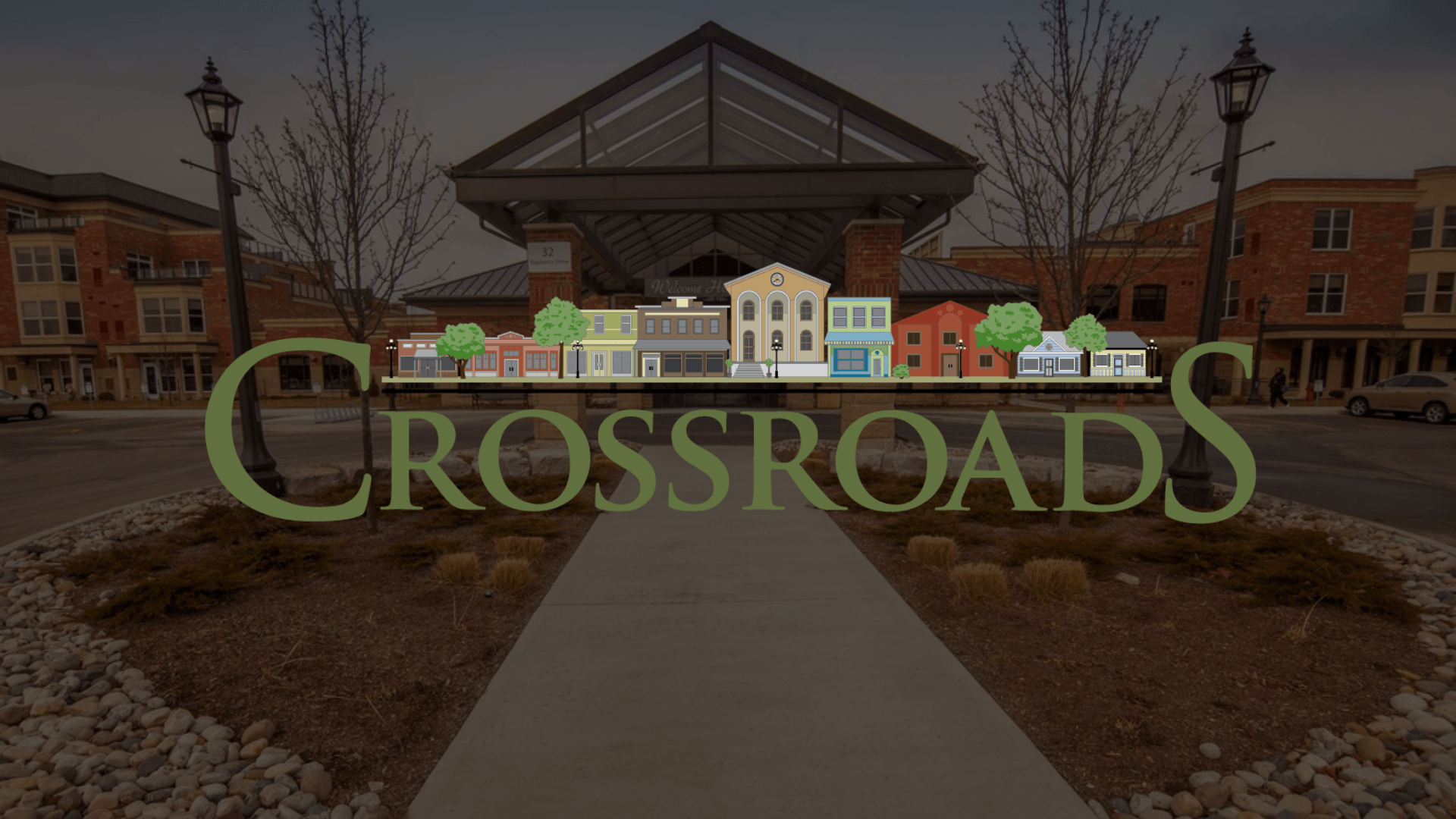What I learned while working at a homeless shelter during the pandemic.
The new season is a great reason to make and keep resolutions. Whether it’s eating right or cleaning out the garage, here are some tips for making and keeping resolutions.
KJIPUKTUK (Halifax) – Advocacy for homeless people is more than just ensuring that someone has a meal or a clean bed. Advocacy is about acknowledgement of privilege and a recognition of the power dynamics that exist in our current society. It’s about making sure decisions regarding the life of a human are made without judgement.
I am a client support worker at a shelter in the North End of Halifax. In the job interview I remember being asked why I wanted to work at the shelter and I replied that I wanted to be a better ally. Being a support person requires a lot of balance and time management, while understanding your limits and boundaries. It also requires tough love and providing structure.
I am constantly learning about being a community support and what that entails in our everyday lives. I am also discovering the ins and outs of how broken the system is.
The shelter system is covered in red tape and cis-hetero white males who make too much money, and don’t check their privilege. They are the ones who make the long lasting big-picture policy decisions that will either help or harm. I have had many conversations with co-workers about how decisions regarding homeless people are made without them in mind. There is a lot of racism in shelters. From my lens of a second-generation immigrant, it exists, and it’s horrifying.
I discovered that marginalized folks are considered collateral damage once they lose access to affordable housing. They are bargaining chips used by politicians who want to ‘pretend’ to help, but don’t actually know how to help.
Many shelters have rules that exclude anyone that is not a Canadian citizen. I had no idea, and wondered what about immigrants, those seeking asylum, those with restrictions to their visa who aren’t sure how to navigate the system without being deported. I learned how racialized and marginalized people facing multiple barriers are often let down because for someone with privilege it is easy to forget that not everyone has access to privilege.
In March of this year the Corona virus arrived and Canada declared a state of emergency. This turned our world upside down in more ways than anyone could have predicted. Millions were impacted, and money became an issue when businesses, companies, and other sources of income for most folks disappeared.
Especially hard hit were the vulnerable populations that most people don’t even bother to acknowledge. The homeless population has increased significantly, the lack of affordable housing is a major human rights issue, and minimum wage is not enough to live on. Ask yourself, can anyone, or should anyone, be expected to survive off $12.55 an hour?
Do the math and tell me that makes sense. Include children, rent, car insurance, groceries, not having benefits, affordable food that is also accessible, etc. Think about those that are on Income Assistance and how their allowance doesn’t even cover essential needs.
In March, three pop-up shelters, two for men, one for women and female-identifying, were set up in the North End of Halifax. The goal was to alleviate pressure on existing shelters so that social distancing could be practiced and to monitor cross-contamination. Nova Scotia has a homelessness problem and it needs immediate attention, and needs a better system than what we have now.
A supervisor told me that I was unsafe, and had to leave work. I was told those words in front of my co-workers. The story is complicated because it involves a client so I won’t share the details. But I know what racism is, what it looks like, and how it impacts people.
Black Lives Matter. Does mine? I faced some of my biggest hurdles this year. I was reminded daily that I matter, and reminded daily that I don’t. This pandemic has opened my eyes in some big ways and I am forever grateful.
I am Also. Incredibly. Outraged.
Show up, fight racist policies, demand better work environments, demand better from our Halifax Regional Police. Demand more for those around you. Be outraged. Be mad, be frustrated with me. Enough is enough!
Alpha Career College Programs
At Alpha Career College we believe that sound professional practice is informed by a strong ethical framework fostering self-awareness, openness, trust, integrity, empathy, understanding and confidentiality.
PERSONAL SUPPORT WORKER
Graduates Gain Access to Career Opportunities Such as:
Retirement Homes
Hospitals
Home Care and Community Settings
Long Term Care Facilities
SHELTER SUPPORT WORKER
Graduates Gain Access to Career Opportunities Such as:
Emergency Shelters
Group Homes
Drop-In Centers
Harm Reduction Centers
CHILD AND YOUTH WORKER
Graduates Gain Access to Career Opportunities Such as:
Residential Treatment Centers
Secure and Open custody
Day Camps
Youth Shelters
DEVELOPMENTAL SERVICE WORKER
Graduates Gain Access to Career Opportunties Such as:
Residential Facilities
Day Programs
Assisted Living Facilities
Child and Youth Services















